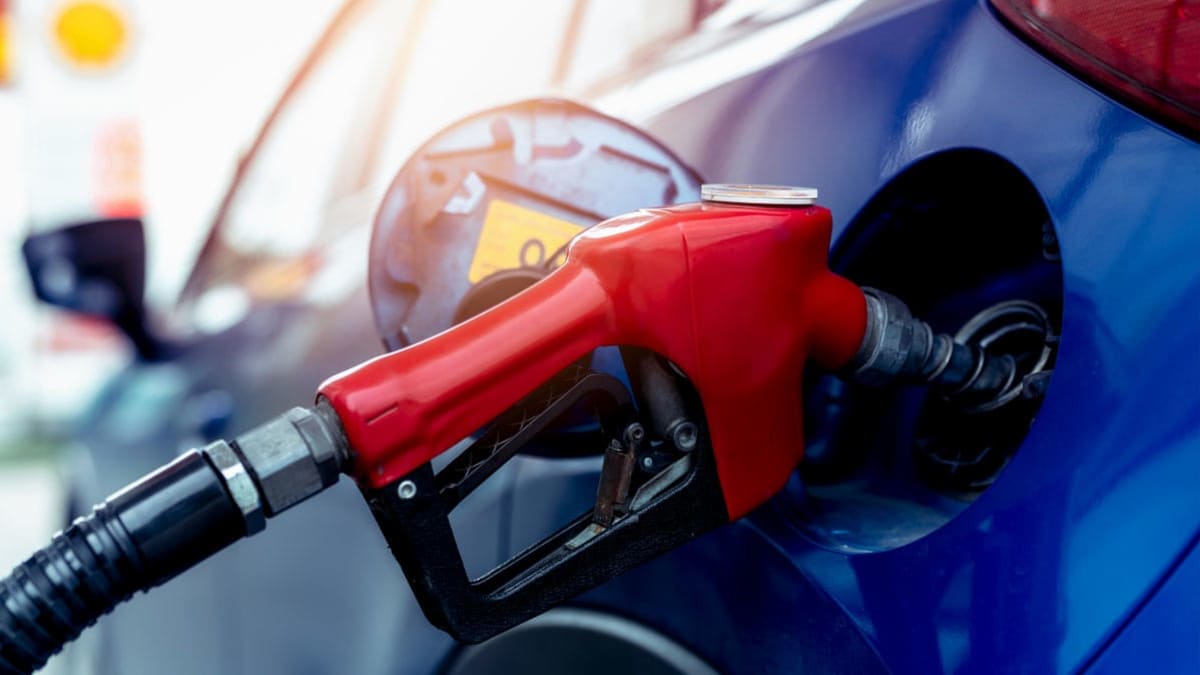Stryder50
Platinum Member
These make sense and are doable.

 www.consumerreports.org
www.consumerreports.org
10 Tips to Get the Most out of a Tank of Gas
Rising gas prices highlight the need to squeeze every mile out of a gallon of gas
10 Tips to Get the Most Out of a Tank of Gas - Consumer Reports
Consumer Reports gives tips on how to get the most out of a tank of gas and improve your vehicle's fuel economy.

